 We are preparing a lively debate on the motion: “Advising pregnant women to avoid drinking alcohol during pregnancy is symptom of the Nanny State and another step towards the medicalisation of childbirth”. The venue for this event is the Executive Business School on 89, Holdenhurst Road. Members of the public, staff and students are invited to come along on Tuesday 28th June 13.30-14.30!
We are preparing a lively debate on the motion: “Advising pregnant women to avoid drinking alcohol during pregnancy is symptom of the Nanny State and another step towards the medicalisation of childbirth”. The venue for this event is the Executive Business School on 89, Holdenhurst Road. Members of the public, staff and students are invited to come along on Tuesday 28th June 13.30-14.30!
The UK Government state there is no known safe level for drinking alcohol in pregnancy. Therefore, it recently changed the official recommendation to pregnant women avoid drinking any alcohol as a precaution. In doing so the UK follows countries like Canada, where a similar recommendation has been in place for over a decade. At the same time one can ask whether such approach undermines a woman’s right to make an informed choice regarding the health of her unborn child. Some would argue that is represents yet another step towards the medicalisation of childbirth.
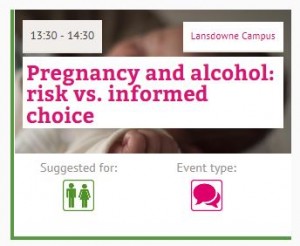
Faculty of Health & Social Sciences’ staff Liz Norton and Edwin van Teijlingen affiliated with the Centre for Midwifery, Maternal & Perinatal Health and will argue in favour of the motion. Donna Wixted, Joint Bournemouth University (BU)-Portsmouth Hospitals NHS Trust, doctoral student and Greta Westwood of Portsmouth Hospitals NHS Trust & the University of Southampton will argue against the motion.
The audience will be asked to vote for or against the motion, both before and after the debate, to see if the debate has helped anybody in making up their mind. Our debate will be chaired by Prof. Vanora Hundley from the Faculty of Health & Social Sciences. In previous Festival of Learning events she has been involved in various debates around childbirth, such as The media is responsible for creating fear in childbirth and the year before that on Caesarean Section on demand under the title Intervention in childbirth: What’s wrong with letting women choose?
The debate is part of BU’s annual Festival of Learning which this year for the first time has satellite events in China and Malaysia.
If you are interested to come along please book your free ticket here! The Executive Business School is easy to find on 89, Holdenhurst Road near Bournemouth Railway Station.
Donna Wixted, Liz Norton, Greta Westwood, Vanora Hundley & Edwin van Teijlingen
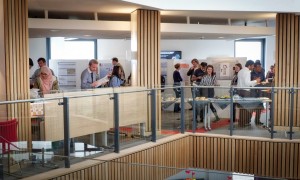

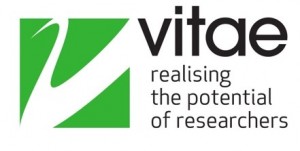
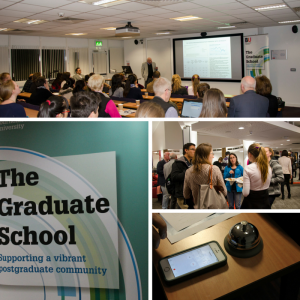
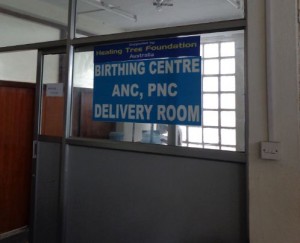
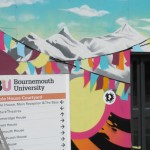
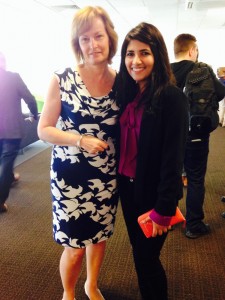
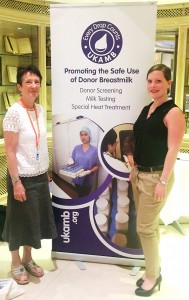
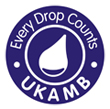 and this great, informative day! If you would like to find out more about human milk banking in the UK or want to become a milk donor visit UKAMB’s website at
and this great, informative day! If you would like to find out more about human milk banking in the UK or want to become a milk donor visit UKAMB’s website at 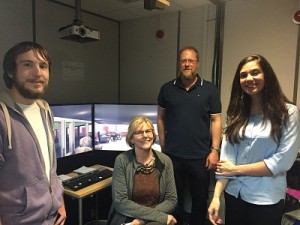
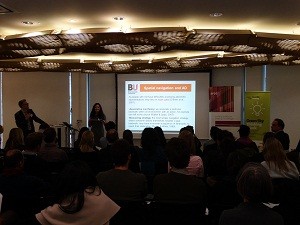
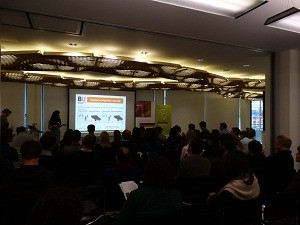
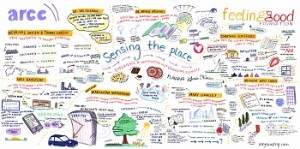
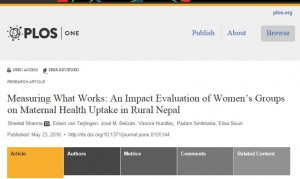
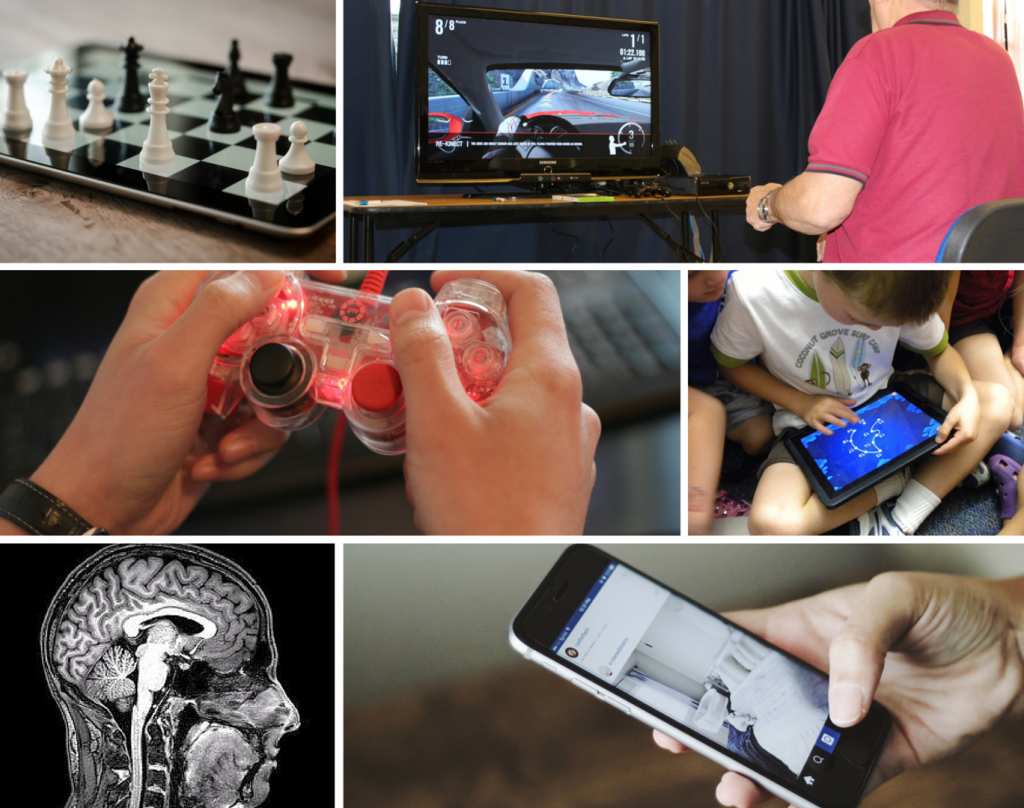
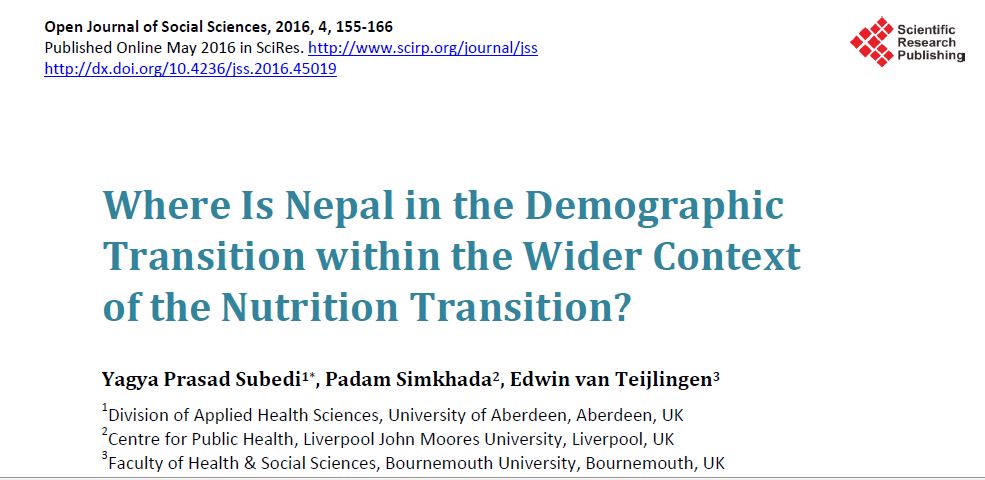
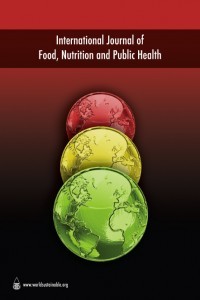

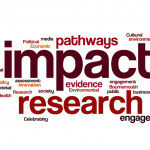











 REF Code of Practice consultation is open!
REF Code of Practice consultation is open! BU Leads AI-Driven Work Package in EU Horizon SUSHEAS Project
BU Leads AI-Driven Work Package in EU Horizon SUSHEAS Project Evidence Synthesis Centre open at Kathmandu University
Evidence Synthesis Centre open at Kathmandu University Expand Your Impact: Collaboration and Networking Workshops for Researchers
Expand Your Impact: Collaboration and Networking Workshops for Researchers Visiting Prof. Sujan Marahatta presenting at BU
Visiting Prof. Sujan Marahatta presenting at BU ECR Funding Open Call: Research Culture & Community Grant – Apply now
ECR Funding Open Call: Research Culture & Community Grant – Apply now ECR Funding Open Call: Research Culture & Community Grant – Application Deadline Friday 12 December
ECR Funding Open Call: Research Culture & Community Grant – Application Deadline Friday 12 December MSCA Postdoctoral Fellowships 2025 Call
MSCA Postdoctoral Fellowships 2025 Call ERC Advanced Grant 2025 Webinar
ERC Advanced Grant 2025 Webinar Update on UKRO services
Update on UKRO services European research project exploring use of ‘virtual twins’ to better manage metabolic associated fatty liver disease
European research project exploring use of ‘virtual twins’ to better manage metabolic associated fatty liver disease